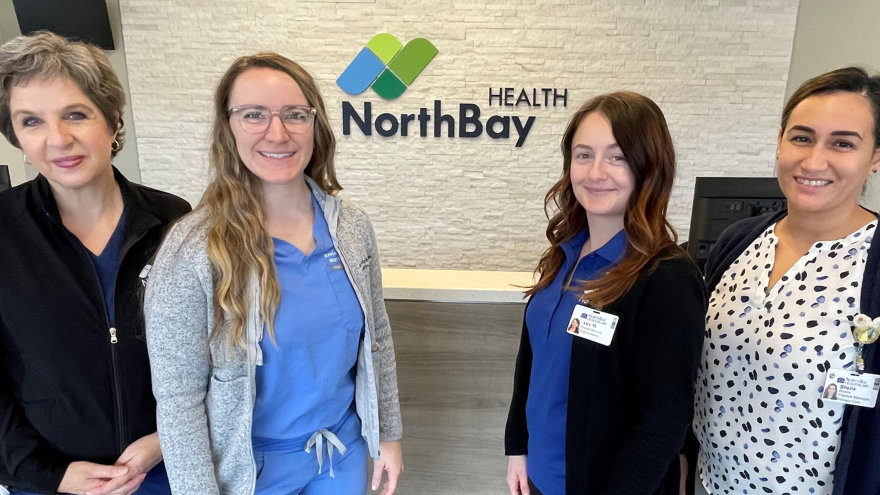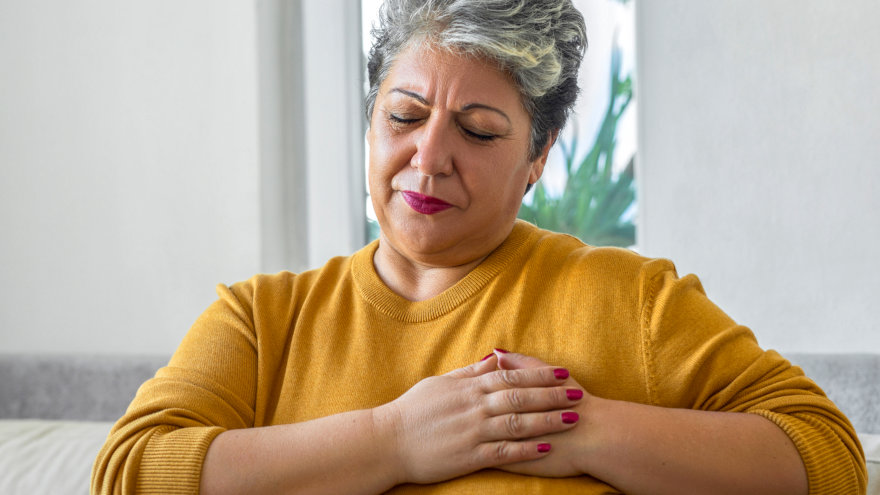Top Five Cancer Screenings That Save Lives

It’s October and pink is everywhere, helping us remember that Breast Cancer Awareness Month has arrived, and it’s time for a mammogram. But what about other cancer screenings?
According to the Mayo Clinic, early screenings can be life-saving when it comes to identifying several types of cancers. If there is a history of cancer in your family, be sure to let your doctor know, says NorthBay Oncologist Brian Vikstrom, M.D. “For some people, early screenings may be appropriate.”
Here are five important cancer screenings:
- Breast cancer. Current guidelines from the American Cancer Society indicated that breast cancer screening should start at age 45, with an option to start at 40. According to Dr. Vikstrom, the improved technology of digital mammograms is much better at finding early evidence of cancer, especially for women with dense breasts. For women with known genetic mutations, screening may begin at 25 or 30. “Talk to your doctor about what’s best for you,” he adds.
- Lung cancer. Screenings are typically reserved for people with the greatest risk, including heavy smokers age 50 and up, and individuals who previously were heavy smokers. Leading cause of cancer death worldwide. In 2020, lung cancer was the No. 1 killer of both men and women in the United States.
- Colorectal cancer. Regular screenings begin at age 45 and are key to finding colorectal cancer early. Screening options include stool tests, flexible sigmoidoscopy, colonoscopy and CT colonography. Ask your doctor which test is right for you, and at what frequency you need to be tested. Colorectal cancer was the No. 2 killer of men and women combined in the United States in 2020.
- Cervical cancer. Women between 21 and 29 should get their first pap test, and then be tested every three years. A pap test can find abnormal cells in the cervix, which could turn into cancer. The test looks for the human papillomavirus, which can cause cells to become cancerous. Women 30 to 65 should consult their doctor to determine if a pap test every three years is sufficient, or if more testing is needed. Women 65 and older should consult with their doctor to determine whether testing is still necessary.
- Skin cancer. Skin cancer is by far the most common type of cancer. There are several types, which affect treatment options and prognosis. A doctor or dermatologist can check your skin and refer you to a specialist, if needed. See something that seems abnormal? Ask about it.
Remember, screenings don’t prevent cancer, but they can help sound the alarm if you need life-saving treatment.
Ask your primary doctor about which screenings may be right for you. Call (707) 646-5500 for an appointment or schedule one through our patient portal.



